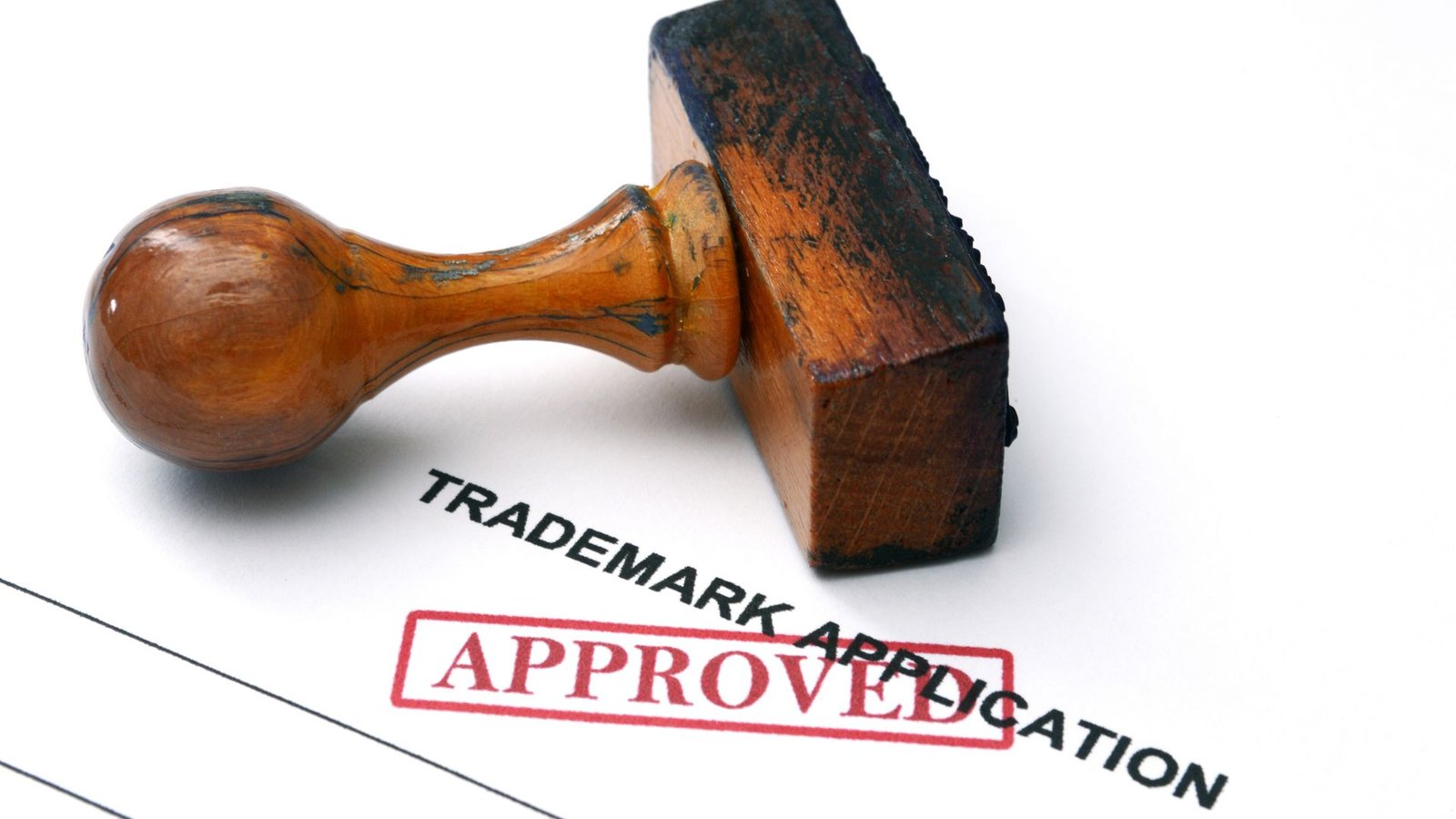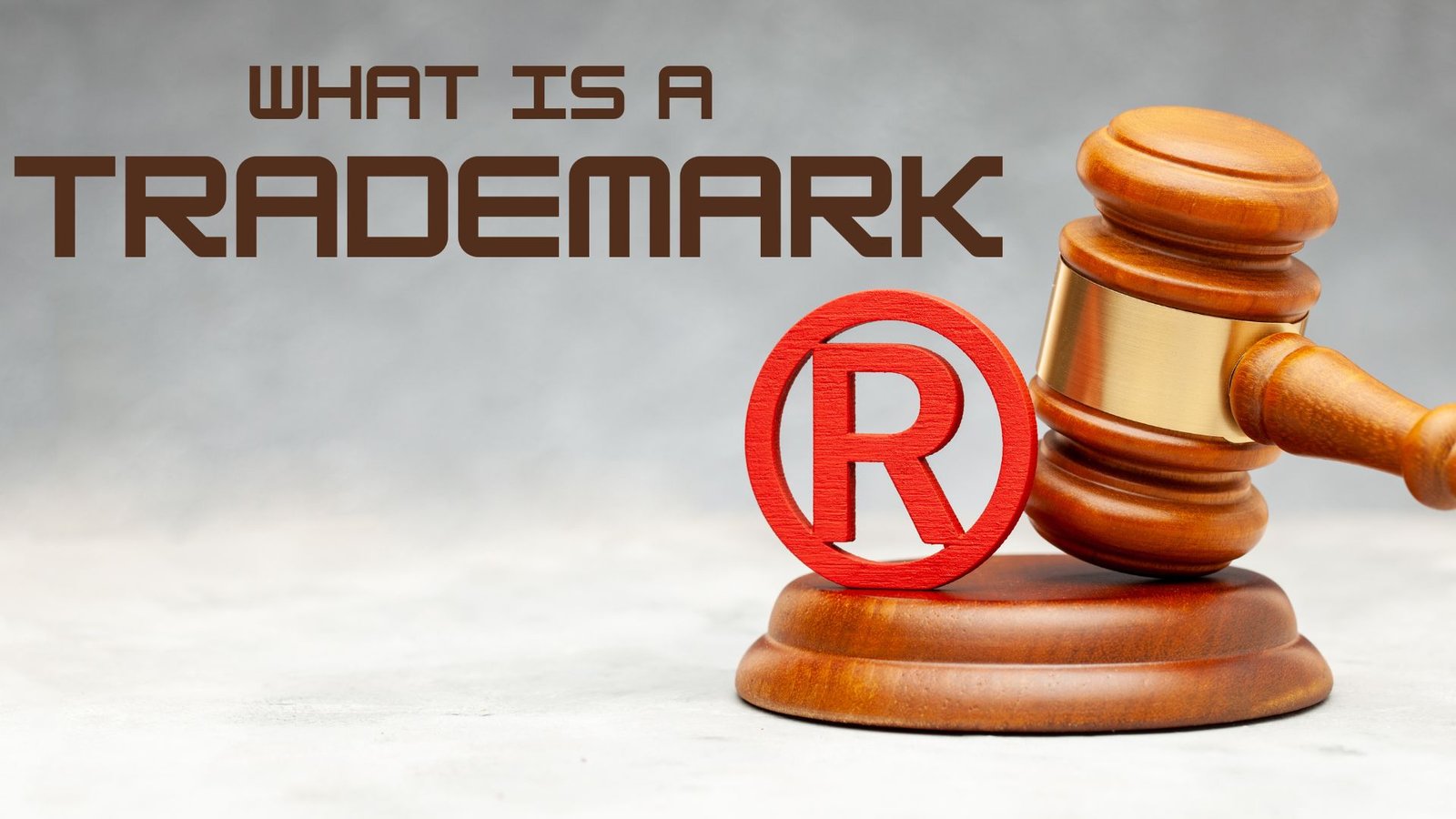On this page you will read detailed information about Distinguishing Between Passing Off and Trademark Infringement.
As a business owner, protecting your brand is paramount. You’ve invested time and resources into building a recognizable identity, but what happens when another company encroaches on your intellectual property? Two common legal concepts often arise in these situations: passing off and trademark infringement. While both involve the unauthorized use of your brand elements, they differ in important ways. Understanding the distinction between these two forms of intellectual property violation is crucial for safeguarding your business interests and navigating potential legal challenges. In this article, you’ll explore the key differences between passing off and trademark infringement, equipping yourself with the knowledge to protect your brand effectively.
Understanding Trademarks
What is a Trademark?
A trademark is a unique identifier that distinguishes a company’s products or services from others in the market. It can take various forms, including words, phrases, logos, symbols, or even colors. Trademarks play a crucial role in protecting a brand’s identity and preventing consumer confusion.
Types of Trademarks
Trademarks can be either registered or unregistered. Registered trademarks are protected under statutory law, specifically the Trade Marks Act, which allows owners to sue for infringement. Unregistered trademarks, on the other hand, are protected under common law through the action of “passing off.”
Legal Protection
The level of protection a trademark receives depends on its registration status. Registered trademarks offer stronger legal protection, as owners only need to prove the similarity of marks in infringement cases. For unregistered trademarks, owners must demonstrate acquired goodwill and the likelihood of consumer confusion in passing off cases.
Scope of Protection
While passing off primarily protects against consumer confusion regarding the origin of goods or services, trademark law offers broader protection. Registered trademarks are safeguarded against dilution and unfair advantage, even in the absence of confusion. This comprehensive protection makes trademark registration a valuable asset for businesses looking to secure their brand identity in the long term.
What is Passing Off?
Definition and Key Elements
Passing off is a common law tort that occurs when a business or individual misrepresents their goods or services as those of another party, potentially damaging the latter’s reputation and goodwill. Unlike trademark infringement, passing off deals with unregistered rights. To establish a successful passing off claim, three key elements must be proven:
- Goodwill: The claimant must demonstrate an established reputation associated with their products or services.
- Misrepresentation: The defendant’s actions must have caused confusion or deception among customers.
- Damage: The claimant must show actual or potential harm to their goodwill or financial interests.
Types of Passing Off
Several forms of passing off exist, including:
- Classic passing off: Presenting goods or services as belonging to another party
- Extended passing off: Misusing descriptive terms that have built up goodwill
- Reverse passing off: Selling someone else’s products under the infringer’s brand name
Legal Remedies
If a passing off claim is successful, the claimant may be entitled to various remedies, such as:
- Injunctions to prevent further use of the mark or goodwill
- Destruction of infringing goods
- Damages or an account of lost profits
- An inquiry to establish the extent of the loss
It’s important to note that passing off cases can be complex and lengthy, so alternative dispute resolution methods like mediation are often recommended before pursuing legal action.
Elements of Passing Off
To establish a case of passing off, three key elements must be proven. These elements, often referred to as the “classic trinity,” form the foundation of any passing off claim.
Goodwill
The first element is the existence of goodwill or reputation associated with the claimant’s goods, services, or trademark. Goodwill represents the established reputation and customer recognition that a business has built over time. It’s the intangible asset that gives value to a brand and attracts customers.
Misrepresentation
The second element involves a misrepresentation by the defendant that is likely to deceive the public. This occurs when the defendant presents their goods or services in a way that leads consumers to believe they are associated with or originate from the claimant. The misrepresentation doesn’t need to be intentional, but it must be capable of causing confusion in the marketplace.
Damage
The final element is damage or the likelihood of damage to the claimant’s goodwill. This can manifest as lost sales, dilution of brand value, or erosion of the claimant’s market position. The claimant must demonstrate that they have suffered or are likely to suffer harm as a direct result of the defendant’s misrepresentation.
Understanding these elements is crucial for businesses seeking to protect their brand identity and for those defending against passing off claims. By proving all three elements, a claimant can establish a strong case for passing off and seek appropriate remedies to safeguard their intellectual property rights.
In the previous post, we had shared information about An Introduction to Trademark Law in India, so read that post also.
What is Trademark Infringement?
Trademark infringement is a legal concept that refers to the unauthorized use of a registered trademark by another party. This violation occurs when someone uses a mark that is identical or confusingly similar to a registered trademark on related goods or services without the permission of the trademark owner.
Key Elements of Trademark Infringement
To establish trademark infringement, three crucial elements must be present:
- A valid registered trademark exists
- The alleged infringer uses an identical or similar mark
- The use occurs in the course of trade for similar products or services
According to legal experts, trademark infringement is distinct from passing off, as it specifically deals with registered trademarks and operates within the statutory framework of trademark laws.
Legal Remedies
When trademark infringement occurs, the trademark owner has several legal remedies available, including:
- Injunctions to prevent further use of the infringing mark
- Monetary damages or an account of lost profits
- Destruction of infringing goods
- In some cases, criminal prosecution of the infringer
It’s important to note that trademark infringement protection typically lasts for 10 years in many jurisdictions, such as the UK, and can be renewed indefinitely. This protection helps businesses safeguard their brand identity and prevent unfair competition in the marketplace.
Key Differences Between Passing Off and Trademark Infringement
Legal Basis and Protection Scope
Passing off and trademark infringement are distinct legal concepts that protect businesses from unauthorized use of their brand identities. Passing off is a common law tort that applies to unregistered trademarks, while trademark infringement is a statutory violation involving registered trademarks. This fundamental difference affects the scope of protection and the legal remedies available to trademark owners.
Proof Requirements
The burden of proof differs significantly between these two legal actions. To establish passing off, a claimant must demonstrate three elements: goodwill, misrepresentation, and resulting damage. This can be more challenging and costly to prove. In contrast, trademark infringement cases primarily require showing that the defendant used an identical or deceptively similar mark for similar goods or services.
Geographic Limitations
Passing off claims are often limited in their geographic reach, as the business must prove its goodwill in the specific area where the alleged passing off occurred. Registered trademarks, however, provide nationwide protection, granting the owner exclusive rights to use the trademark across the entire country for the registered goods or services.
Legal Remedies
The available legal remedies also differ between passing off and trademark infringement. Passing off cases typically result in injunctions, seizure of infringing goods, and potential damages. Trademark infringement offers stronger legal tools, including injunctions, damages, and additional protections against depreciation of goodwill, even in cases without direct confusion.
Conclusion
As you navigate the complex landscape of intellectual property law, understanding the distinctions between passing off and trademark infringement is crucial. While both protect brand identity, they differ in their legal foundations and scope of protection. Trademark infringement offers statutory protection for registered marks, while passing off relies on common law to safeguard unregistered marks and business reputation. By familiarizing yourself with these concepts, you’ll be better equipped to protect your brand and avoid infringing on others’ rights. Remember, seeking legal counsel is always advisable when dealing with potential trademark issues. Stay informed, be proactive, and ensure your business practices align with intellectual property laws to maintain a strong, legally protected brand identity.
Disclaimer
The information and services on this website are not intended to and shall not be used as legal advice. You should consult a Legal Professional for any legal or solicited advice. While we have good faith and our own independent research to every information listed on the website and do our best to ensure that the data provided is accurate. However, we do not guarantee the information provided is accurate and make no representation or warranty of any kind, express or implied, regarding the accuracy, adequacy, validity, reliability, availability, or completeness of any information on the Site. UNDER NO CIRCUMSTANCES SHALL WE HAVE ANY LIABILITY TO YOU FOR ANY LOSS OR DAMAGE OF ANY KIND INCURRED AS A RESULT OR RELIANCE ON ANY INFORMATION PROVIDED ON THE SITE. YOUR USE OF THE SITE AND YOUR RELIANCE ON ANY INFORMATION ON THE SITE IS SOLELY AT YOUR OWN RISK. Comments on this website are the sole responsibility of their writers so the accuracy, completeness, veracity, honesty, factuality and politeness of comments are not guaranteed.
So friends, today we talked about Distinguishing Between Passing Off and Trademark Infringement, hope you liked our post.
If you liked the information about Distinguishing Between Passing Off and Trademark Infringement, then definitely share this article with your friends.
Knowing about laws can make you feel super smart ! If you find value in the content you may consider joining our not for profit Legal Community ! You can ask unlimited questions on WhatsApp and get answers. You can DM or send your name & number to 8208309918 on WhatsApp










